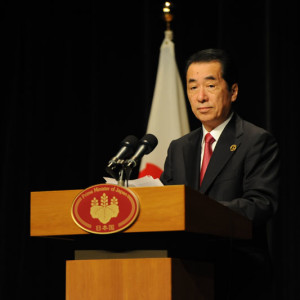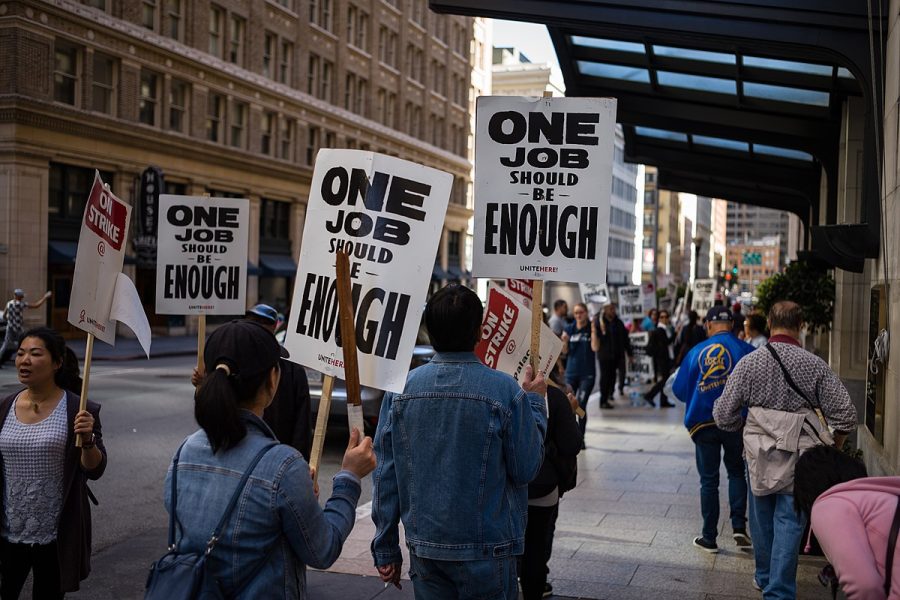
Japan plans to phase out its dependence on nuclear energy, Japan’s Prime Minister Naoto Kan said at a press conference held on July 13.
“Until the experience of the nuclear incident on March 11, my policy on nuclear power had been that it should be utilized, while ensuring safety, and I made statements to that effect,” said Kan, referring to the nuclear reactor explosion that resulted from the major earthquake that the island nation had earlier this year.”
“It was when I considered the scale of such risks arising from the nuclear incident that I realized that it would no longer be possible to conduct policy on the basis of ensuring safety alone,” he continued. “We should aim to achieve a society that is not dependent on nuclear power. In other words, we should reduce our dependence on nuclear power in a planned and gradual manner and aim to realize a society in the future where we can do without nuclear power stations.”
To make up for the lack of supply for needed power, Kan suggested that individuals consume less, industries produce more efficient products and the country embrace safer forms of renewable energy.
Kan predicted that a basic policy of a new reconstructed Japan will be completed by the end of the month.
A new bill promoting renewable energy use is also moving its way through the Japanese government to ensure the production of energy within the country.
This decision was made largely due to the Fukushima nuclear accident earlier this year. Other countries, such as Germany and the United States, have also rethought their nuclear strategy.
Germany announced the scheduled shut down of its nuclear power plants and its plan to fully go off nuclear power by 2022, in favor of using more renewable energy earlier this year.
This movement, however, increases the use of fossil fuel plants during the transition into renewable energy sources.
“If we want to exit nuclear energy and enter renewable energy, for the transition time we need fossil power plants,” said Angela Merkel, Chancellor of Germany.
The United States responded more conservatively to the accident.
A task force from the U.S. Nuclear Regulatory Commission (NRC) produced a report on the nuclear explosion in Japan, identifying several different strategies to improve nuclear safety without abandoning the use of nuclear power.
“We are in a very good position today to be able to move forward quickly and effectively because of the task force’s outstanding work,” said Gregory B. Jaczko, chairman of the NRC, when the report was published. “I believe today’s meeting on the task force’s report will be among most important at the NRC in recent years. These safety issues are simply that important.”
Similar to the NRC, the Union of Concerned Scientists–a nuclear energy industry watchdog–published a report on July 16 titled, “US Nuclear Power After Fukushima” as a response to the accident, identifying 23 different recommendations to safely produce nuclear energy.
This movement also reflects another global shift from nonrenewable resources, such as coal and oil, to renewable resources, like wind and solar energy.
The United Nations Environment Programme (UNEP) produced a report this July on the global trends in renewable energy investment, identifying a global increase in government research, development and investment in renewables.
According to the report, the world invested $211 billion into renewables in 2010 compared to just $160 billion in 2009, with developing countries taking a larger share of the investment than developed countries. It identified the trend of countries moving away from nuclear power as well.
Both of these trends account for the greater availability of renewable energy sources as well as a greater understanding of environmental responsibility across the globe.












